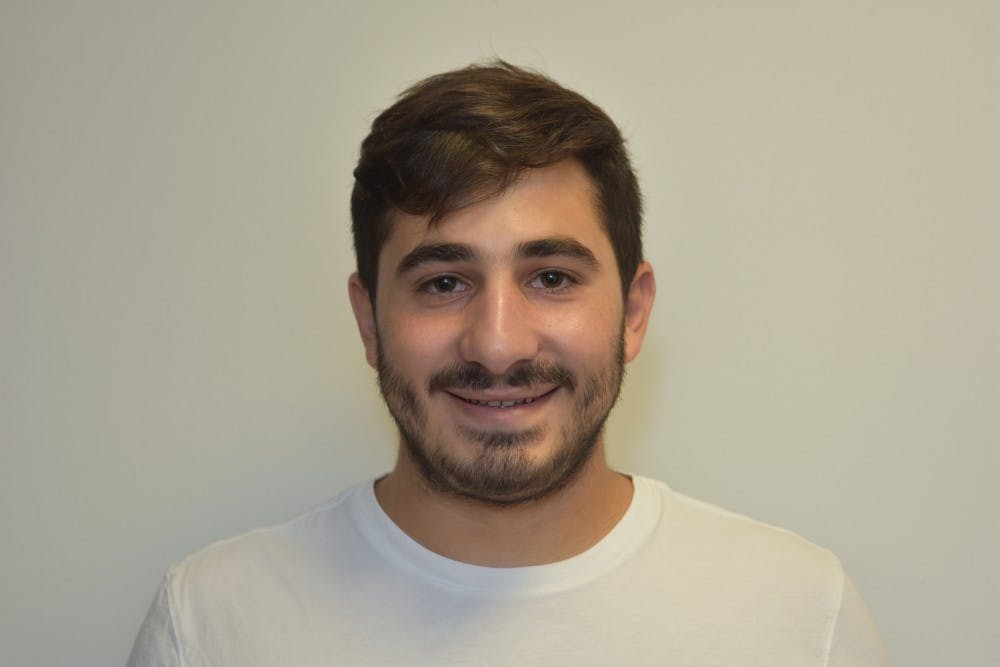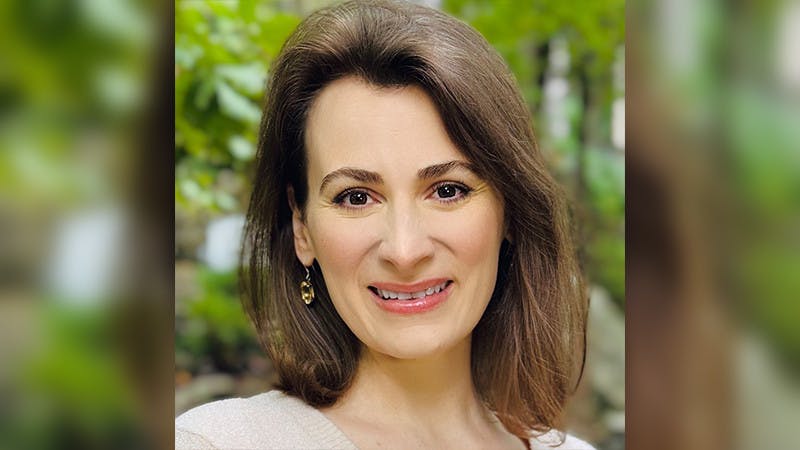Last week, during the pope’s visit to Philadelphia, much of the city was forced to shut down (as happened in New York and Washington, D.C.). The events took place despite the existing separation between church and state and the fact that less than a fourth of U.S. citizens are Catholic. Two parades were organized producing the “largest security operation in U.S. history,” according to The Washington Post.
The parades had the form of worshiping of a man, protected by hundreds of guards, who stood above all people, waving at them and, in some cases, even touching those who extended their arms toward him. I was surprised to see the crowd so eager to make physical contact with the pope, considering it a blessing.
On the other hand, many people were obliged to abstain from work for reasons irrelevant to them. Furthermore, vulnerable social groups were severely affected by the lack of accessibility. However, with over 60 percent of non-Catholics favoring the pope’s visit, the focus of this discussion should be on how this exercise took place, not on the mere fact that it did.
As a student in Boston, I witnessed the entire city effectively shut down within several hours in the wake of the bombing of the Boston Marathon and the snowfall last winter. However, that such drastic measures were enforced for the protection of a single individual, not elected by the public, is inconceivable.
One might reasonably conclude that such measures were, in fact, needed considering the pope’s extended exposure, the fact that he is head of state of the Vatican and the polarizing character of religion itself. That said, why does the Roman Catholic Church promote a single person as being superior to all other Catholics and as God’s personal representative, so much than any other church? Why does it create the need for such measures in the first place?
The Catholic Church takes upon itself the important tasks of feeding the poor, educating teenagers and providing medical care, having spent $170 billion in 2010 — according to The Economist — in the United States alone. Nevertheless, complete lack of financial reporting to the government does not allow us to get a grasp of the total fortune of the institution, hence to accurately determine whether it is actually oriented toward helping people or merely accumulating wealth. Little information being available, however, suggests the latter.
By accumulating wealth, the church increases its power and can expand its target audience. The pope plays a pivotal role in this process. Such a strongly hierarchical structure, with excessive power invested in a single man, cannot but support the exploitation of the inferior by the executive. Such dynamics are an inevitable byproduct of organizational structures in which power is consolidated at the top, especially in the absence of robust corrective mechanisms.
However, compared to his predecessors, Pope Francis is exceptionally open-minded. For the most part, he speaks the truth. He calls for substantial change regarding environmental protection, human rights and sexual abuse, criticizes politicians and points out the catastrophic effects of capitalism — which is ironic given he is “the head of what’s probably the wealthiest institution in the entire world,” according to Slate magazine.
According to The Telegraph, Francis argued in 2013 that politicians “create an atmosphere of dependency. And why? For their own selfish need to increase their own personal power.” Nevertheless, in the absence of drastic change towards the direction he proposes, this rhetoric cannot but guarantee the increase of his own personal power.
It is important to distinguish between religious institutions and faith itself. Faith is a personal matter, and above all, esoteric. Catholicism, Orthodoxy and any religion for that matter, assume the sacred mission of passing this notion on to the people, instead of creating an army of worshipers aiming to perpetuate their power and later on clash with those of other religions.
But above all, religion ought to remind people that, while God’s incarnation might lie in paintings, sculptures, in nature or even inside us, all people are equal before him. Even for those bereft of a belief in God, the idea that all people are equal in the eyes of God is tantamount to the notion that all people are equal to one another.
Let me tell you, though — an entire city packed with police and military officers protecting a single person definitely did not make me feel like an equal.
VAIOS TRIANTAFYLLOU is a graduate student from Kifissia, Greece. His email address is vaios.tra@gmail.com. Follow him @VaiosTria. "V is for Vagation" appears every other Saturday.
The Daily Pennsylvanian is an independent, student-run newspaper. Please consider making a donation to support the coverage that shapes the University. Your generosity ensures a future of strong journalism at Penn.
DonatePlease note All comments are eligible for publication in The Daily Pennsylvanian.








